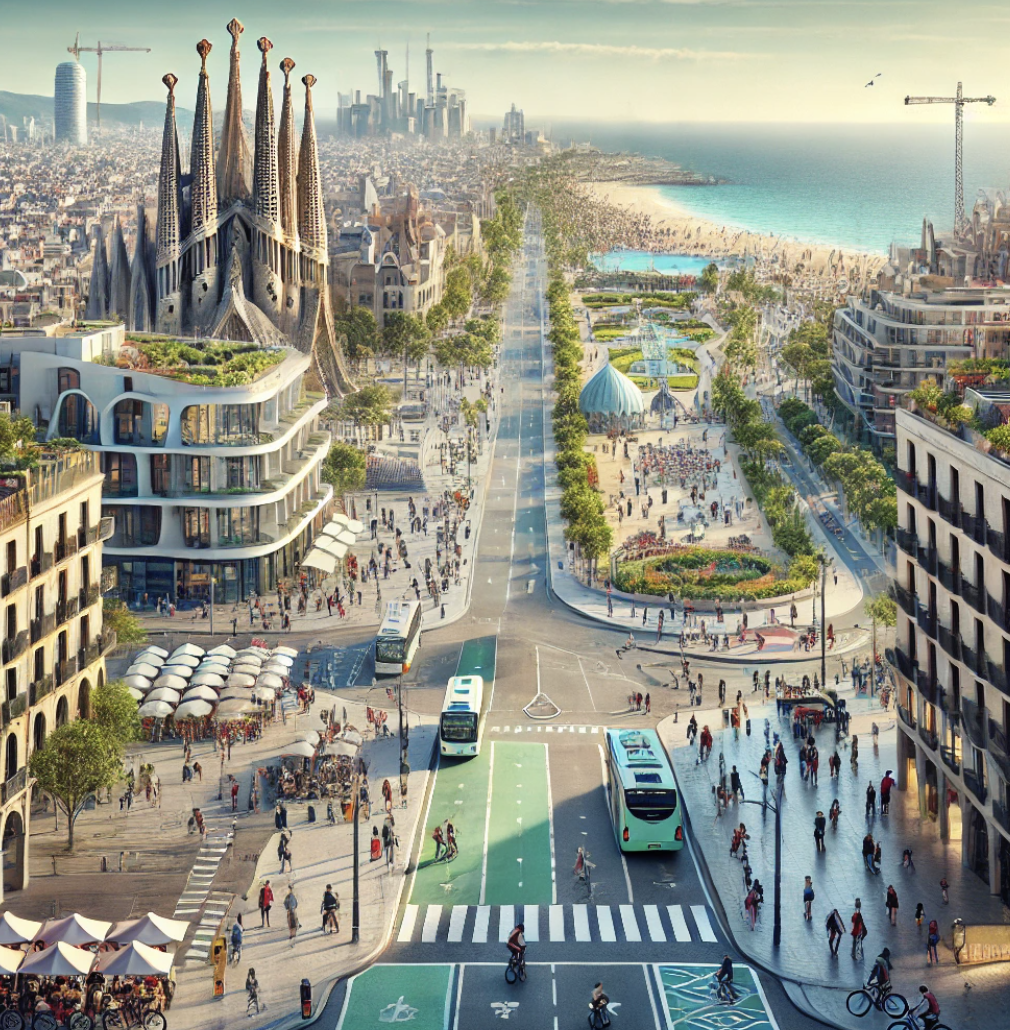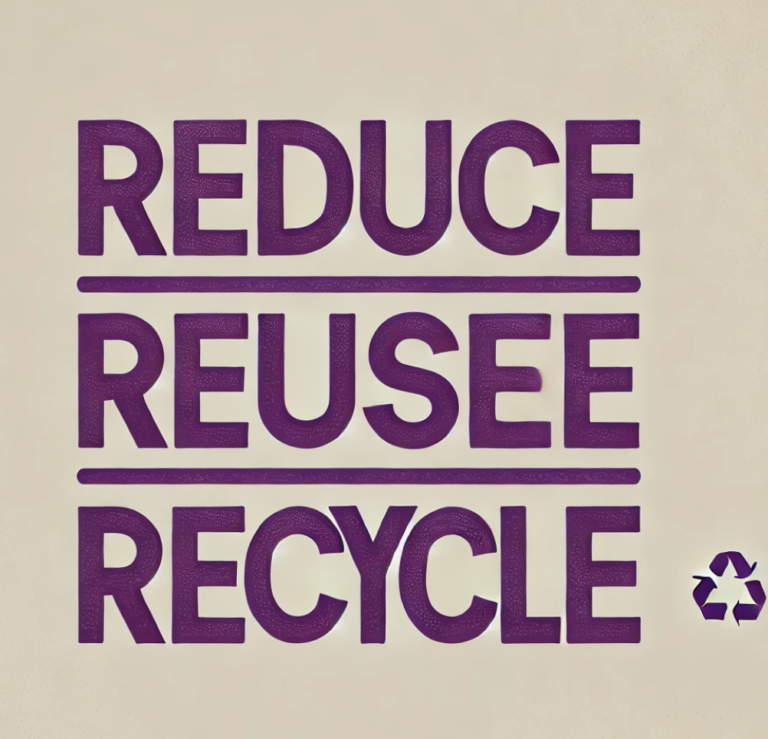Abstract
This research examines Barcelona’s waste collection systems within the context of urban sustainability and environmental management. Through a mixed-methods approach combining field observations, interviews, and data analysis, the study explores the evolution, operational framework, environmental impact, and future prospects of waste collection practices in Barcelona. Findings indicate that while technological innovations and policy reforms have significantly improved efficiency and recycling rates, ongoing challenges—such as high waste generation and public engagement—demand further strategic interventions to achieve a zero-waste future.
1. Introduction
Barcelona, a bustling Mediterranean metropolis, faces substantial waste management challenges due to its dense population and high tourism influx. Over recent decades, the city has transformed its waste collection systems to address environmental concerns and improve urban quality of life. This study aims to provide an in-depth analysis of the evolution and current state of Barcelona’s waste collection systems, assess their environmental and socio-economic impacts, and propose recommendations for future improvements.
2. Literature Review
Prior research has underscored the importance of integrated waste management systems in urban areas. Studies highlight that effective waste segregation, digital monitoring, and circular economy practices are crucial for reducing landfill usage and greenhouse gas emissions. However, gaps remain regarding the practical implementation of these technologies in rapidly growing cities and the role of community engagement in sustaining waste management practices. This research builds on previous work by providing empirical evidence from Barcelona, focusing on technological innovations and policy drivers that have reshaped its waste management landscape.
3. Methodology
3.1 Research Design
A mixed-methods approach was employed, combining quantitative data collection with qualitative insights to provide a comprehensive understanding of waste collection systems.
3.2 Data Collection Methods
- Field Observations: Researchers conducted systematic observations in various neighborhoods of Barcelona to document waste collection routines, infrastructure, and the deployment of smart technologies such as sensor-equipped bins.
- Semi-Structured Interviews: Interviews with municipal officials, waste management professionals, and local residents provided firsthand accounts of operational practices, challenges, and public perceptions.
- Document Analysis: Policy documents, city reports, and academic articles were reviewed to trace the historical evolution of waste management strategies and evaluate their effectiveness.
3.3 Data Analysis
Quantitative data on recycling rates, landfill usage, and waste generation were analyzed using descriptive statistics. Qualitative data from interviews were transcribed and coded to identify recurring themes related to operational efficiency, environmental impact, and community involvement.
4. Findings
4.1 Evolution of the Waste Collection System
- Historical Transition: Barcelona shifted from conventional street sweeping and centralized landfill disposal to a multi-stream, selective waste collection system over the past two decades.
- Policy Influences: The adoption of European Union environmental directives and a city-wide commitment to sustainability have driven significant investments in recycling infrastructure and digital monitoring tools.
4.2 Operational Framework
- Multi-Stream Collection: The system segregates waste into organic, recyclable, and residual categories, each managed through specialized collection and processing channels.
- Smart Technologies: Digital monitoring, including sensor-equipped bins and mobile applications, optimizes collection routes, reduces operational costs, and provides real-time updates to residents.
- Circular Economy Practices: Recovered materials are reintegrated into local manufacturing and construction, reducing reliance on virgin resources and minimizing environmental impact.
4.3 Environmental and Socio-Economic Impacts
- Environmental Benefits: Improved recycling rates and reduced landfill use have lowered greenhouse gas emissions and enhanced urban aesthetics.
- Social Impact: Effective waste management has boosted public health, created jobs in the recycling sector, and raised awareness about environmental stewardship among residents.
- Economic Considerations: Investments in digital infrastructure and policy reforms have provided long-term economic benefits, though challenges remain in managing the high volume of waste generated by urban growth and tourism.
4.4 Challenges Identified
- High Waste Generation: Despite advances, Barcelona still grapples with significant waste production, particularly during peak tourist seasons.
- Public Engagement: Continuous efforts are needed to sustain high levels of public participation in recycling programs and waste segregation.
- Integration of Informal Sectors: Informal waste collectors remain partially integrated into the formal system, highlighting the need for policies that support and regulate their contributions.
5. Discussion
The findings reveal that Barcelona’s waste collection system represents a successful model of urban environmental management through innovative technological and policy measures. However, addressing challenges such as high waste generation and insufficient public engagement is essential for further progress. The integration of smart technologies has paved the way for more efficient operations, but future strategies must also emphasize community education and enhanced regulatory frameworks. Recommendations include increasing digital infrastructure investments, developing targeted public awareness campaigns, and formalizing the role of informal waste collectors to create a more inclusive system.
6. Conclusion
Barcelona’s waste collection system has evolved into a robust framework that combines technological innovation, policy support, and community involvement to meet the demands of a modern urban environment. While significant progress has been made in reducing environmental impacts and improving operational efficiency, ongoing challenges necessitate continuous improvement. By addressing these challenges, Barcelona can move closer to its goal of becoming a zero-waste city, serving as a model for sustainable urban development globally.




